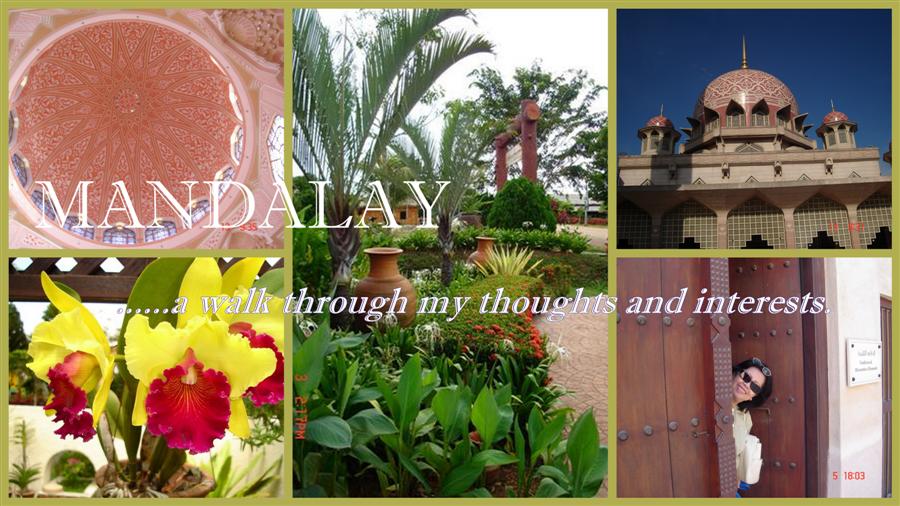
Thinking about the history of Malacca I am reminded of the mentions made by the village elders and some family members of the regular meetings of the Kaum Muda at my great-grandmother's house. The meetings were often attended by my step- great-grandfather and including some friends from Rawang Sheih Tahir, the father of Tun Hamdan Tahir, whose name is my younger brother's namesake. I never knew what it was all about then and I still do not know much about it now either as I was never a student in History. However, throughout the years the sons of the friends from Rawang remained good friends with the family. As for Tun Hamdan, he remained well spoken of by the family.
What little I know about it now appears that it was a progression of the Malay-Muslim mind. The Kaum Muda were reformists and were mainly Penang, Malacca and Singapore Muslims who had inherited somewhat different intellectual traditions unlike the more traditional Muslims who were subjects of the Malay Kingdoms.
Among the more important and influential figures of the Kaum Muda were the Sumatran-born Sheikh Mohamad Tahir Jalaludin al-Azhari and the Melaka-born Syed Sheikh Ahmad Al-Hadi. Both of them were regarded as representatives of the Kaum Muda generation and they were very much attracted to the reformist and modernist ideas that were en vogue in the Muslim world at the time.
It appears that there were disputes between Kaum Muda and Kaum Tua (The Old Party) over religious and related social issues. All this seemed to have culminatad from the growth of the more popular Western-oriented education and changing economy brought about by rubber.
From what i understand, the KMM (Kesatuan Melayu Muda)and the Kaum Muda are quite different entities. While KMM was only embodied in late 1930s with the influence of members of the failed communist revolution in Indonesia who had escaped to Malaya the Islamic reformists (Kaum Muda) started much, much earlier. Of course they met with strong opposition from the Kaum Tua who were the traditionalists viz. the rural ulamas, the broadly peasant society the ruling Malay elites of the other States coupled with the British policy towards the Malays being the assumption that the great majority of them were desirable to remain within the traditional agricultural society made it quite impossible for the Kaum Muda to breach.
However I do understand that in the late 1930s, many Malays regarded KMM as Kaum Muda which could have arised as in retaliation, the traditionalist had accused the Kaum Muda as being communists. KMM really had nothing to do with Islam.
.jpg)
1 comment:
Thank you Hell's Angel for the information. I shall be writing Kaum Muda Part 2 soon after I have gathered sufficient information.
Post a Comment